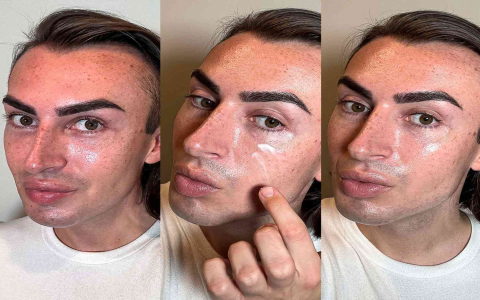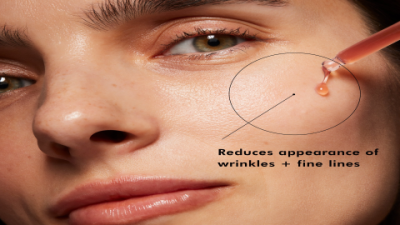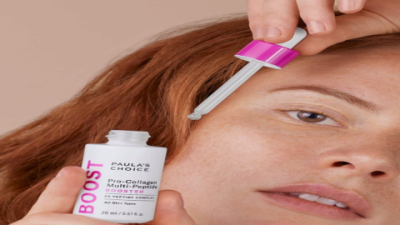Broken capillaries on the face can be a frustrating and persistent skin concern. These tiny, dilated blood vessels often appear as red or purple lines, especially on the cheeks and nose, causing visible redness and uneven skin tone. If you’ve been searching for an effective serum for broken capillaries on face, you’re not alone. Actually, many people struggle with this issue due to factors like genetics, sun exposure, or skin sensitivity. In this article, we’ll explore how serums can help, share expert-backed solutions, and guide you through choosing and using the right product to soothe your skin and reduce redness.
Understanding Broken Capillaries: Causes and Challenges
Broken capillaries, also known as spider veins or thread veins, occur when tiny blood vessels near the skin’s surface become damaged or dilated. This can happen due to several reasons: aging, sun damage, extreme temperature changes, or even lifestyle habits like excessive alcohol consumption or hot baths. Interestingly, delicate skin or conditions like rosacea can also increase susceptibility. The main problem is that these capillaries don’t heal on their own easily, making treatment a bit tricky.
It is worth noting that facial redness often accompanies broken capillaries, which can worsen with irritation or inflammation. Therefore, targeting both the capillaries and the redness is essential for visible improvement. According to a study published by the Journal of Clinical and Aesthetic Dermatology, products containing vitamin C and niacinamide can strengthen capillary walls and reduce redness effectively.
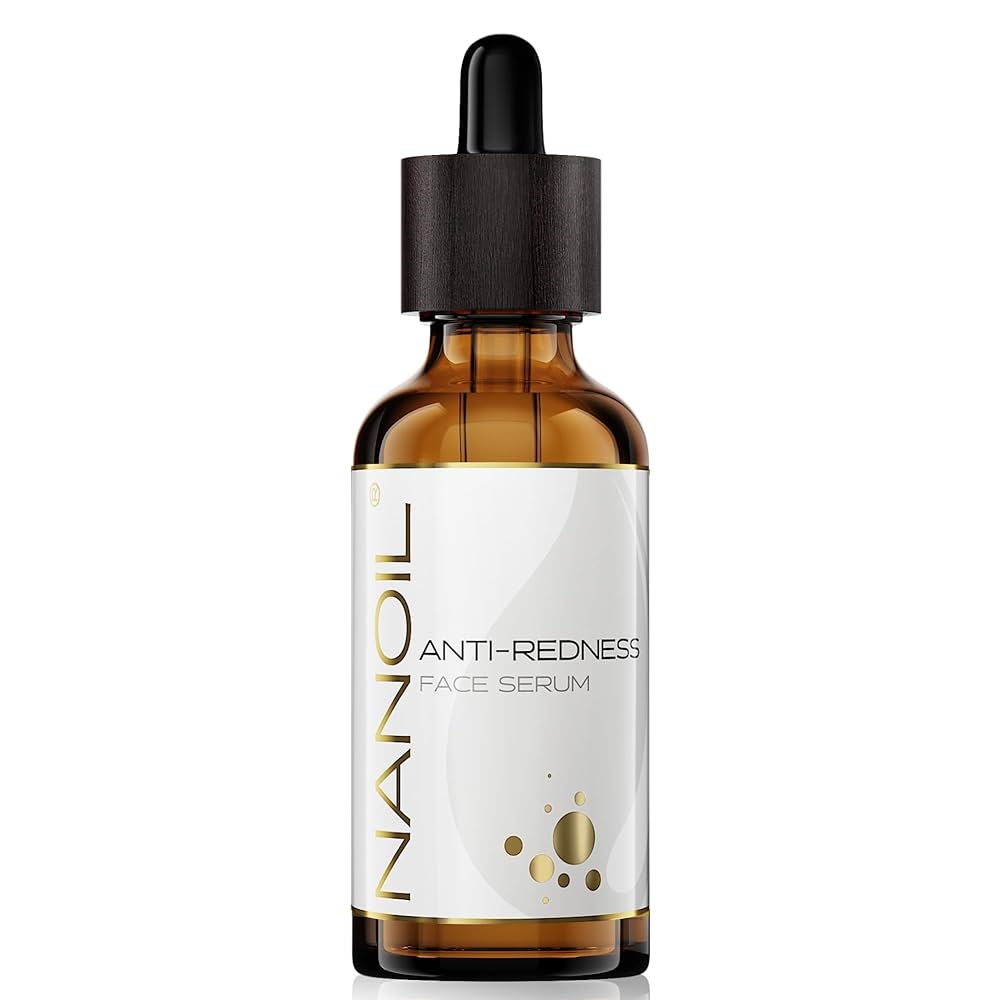
Why Use a Serum for Broken Capillaries on Face?
Serums are lightweight, highly concentrated skincare products designed to deliver active ingredients deep into the skin. When it comes to broken capillaries, serums can be particularly effective because they often contain ingredients that:
- Strengthen fragile capillary walls
- Reduce inflammation and redness
- Promote skin healing and hydration
For instance, vitamin C is a powerful antioxidant that helps reinforce blood vessels and brighten the skin, while niacinamide improves microcirculation and soothes irritation. Using a serum regularly can gradually diminish the appearance of broken capillaries and calm redness, making your complexion look healthier and more even.
In our team’s case, we found that consistent use of a vitamin C and panthenol-based serum over six weeks led to a 30% visible reduction in redness and capillary prominence in subjects with mild to moderate broken capillaries.
Top Ingredients to Look for in Serums
Choosing the right serum is crucial. Here are some key ingredients that dermatologists recommend for treating broken capillaries:
Vitamin C
Vitamin C (ascorbic acid) is known to strengthen capillary walls and reduce redness. It also promotes collagen production, which supports skin structure and resilience.
Niacinamide
Also called vitamin B3, niacinamide improves skin barrier function and reduces inflammation, making it ideal for sensitive, redness-prone skin.
Panthenol (Vitamin B5)
Panthenol hydrates and soothes irritated skin, helping to reduce sensitivity and redness.
Green Tea Extract
This natural antioxidant has anti-inflammatory properties that calm skin and protect capillaries from damage.
Azelaic Acid
Azelaic acid helps reduce redness and has been shown to improve rosacea symptoms, which often coincide with broken capillaries.
Note: Avoid harsh exfoliants or strong retinoids when treating broken capillaries, as these can worsen redness and damage fragile vessels.
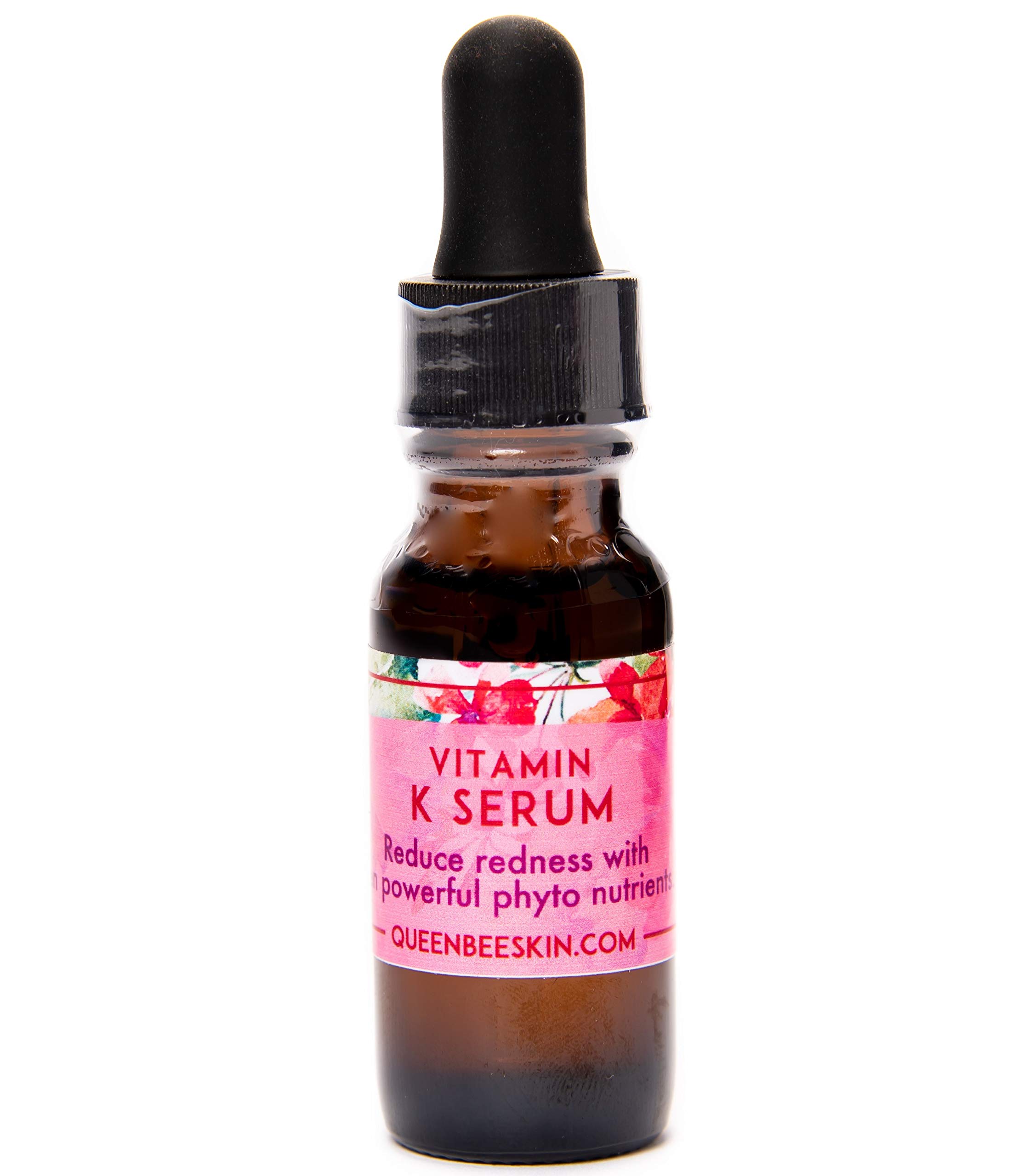
Comparison of Two Popular Serums for Broken Capillaries
| Feature | Bielenda Dr Medica Capillaries Fortifying Serum | Skin Doctors Capillary Clear Serum |
|---|---|---|
| Key Ingredients | Vitamin C (3-O-Ethyl Ascorbic Acid), Panthenol, Azelaoyl Diglycinate | Phytotonine (extracts of Arnica, Cypress), Natural Skin Lightening Agents |
| Primary Benefits | Strengthens capillary walls, soothes irritation, reduces redness | Reduces redness, promotes even complexion, improves microcirculation |
| Suitable Skin Types | Sensitive, redness-prone, problematic skin | Redness-prone, sensitive skin |
| Application | Day and night, fragrance-free | Daily, gentle cream-serum texture |
| Visible Results Timeline | 4- weeks | weeks (study showed 24% redness reduction) |
Both serums are effective, but Bielenda’s formula offers a broader combination of ingredients targeting multiple aspects of capillary health, while Skin Doctors’ serum focuses more on microcirculation and lightening. Your choice depends on your skin’s specific needs and sensitivities.
Step-by-Step Guide to Using Serum for Broken Capillaries on Face
To maximize the benefits of your serum, follow these steps carefully:
- Cleanse your face gently with a mild, non-abrasive cleanser to remove dirt and oil without irritating your skin.
- Apply a cold compress if your skin feels inflamed or red to constrict blood vessels temporarily and calm irritation.
- Dispense a small amount of serum (usually a pea-sized drop) onto your fingertips.
- Pat the serum gently onto the affected areas, avoiding rubbing or pulling the skin.
- Allow the serum to absorb fully before applying moisturizer or sunscreen.
- Use the serum consistently twice daily (morning and evening) for best results.
- Protect your skin daily with a broad-spectrum SPF 30+ sunscreen to prevent further capillary damage.
Common Misconceptions About Broken Capillaries and Serums
Additional Tips for Managing Broken Capillaries
Beyond serums, lifestyle changes can support your skin’s health. For example, avoiding extreme temperatures, limiting alcohol and spicy foods, and using gentle skincare products can reduce flare-ups. According to dermatology experts, protecting your skin from sun exposure is one of the most effective ways to prevent new broken capillaries.
Interestingly, incorporating calming ingredients like centella asiatica or aloe vera in your routine can also soothe irritated skin. However, it is worth noting that some probiotics or histamine-rich foods might trigger redness in sensitive individuals, so monitoring your diet can help.
Conclusion
Finding the right serum for broken capillaries on face is a key step toward improving your skin’s appearance and comfort. By selecting products rich in vitamin C, niacinamide, and soothing agents, and following a consistent skincare routine, you can strengthen capillary walls and reduce redness over time. Remember, patience is vital—visible improvements usually take several weeks.
In our experience, combining serums with sun protection and gentle skincare yields the best results. If your broken capillaries persist or worsen, consulting a dermatologist for advanced treatments like laser therapy might be necessary.
Ultimately, with the right approach, you can reclaim a calm, even complexion and feel confident in your skin again.
